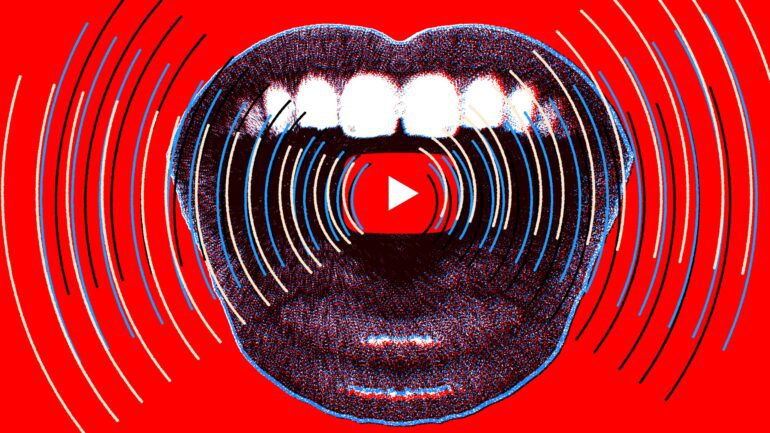TL;DR:
- YouTube is developing an AI tool to use famous musicians’ voices.
- Negotiations with record labels for voice rights are taking longer than expected.
- The beta version aims to empower select creators to use artists’ voices for new video content.
- Major labels like UMG, Sony, and Warner are involved, with potential new legal agreements.
- UMG’s CEO sees the technology as enhancing musical creativity.
- Lawsuits involving music publishers and an Amazon-backed AI company highlight copyright concerns.
- Artists’ opinions on AI in music creation vary widely.
Main AI News:
In a bid to revolutionize content creation, YouTube is making strides in developing an AI-powered tool that will grant access to the voices of renowned musicians. According to reports from Billboard, YouTube is currently engaged in discussions with major record labels, seeking their permission to harness artists’ intellectual property.
The proposed beta version of this innovative tool aims to empower a select group of content creators with the ability to incorporate the voices of participating artists into fresh video content on the platform. This ambitious endeavor, however, has hit a few snags, as negotiations between YouTube and record labels are stretching out longer than anticipated. Initially, YouTube had planned to unveil this groundbreaking tool during their ‘Made on YouTube’ event in September, but this launch was postponed.
Universal Music Group (UMG), Sony Music Entertainment, and Warner Music Group are among the prominent labels engaged in deliberations over voice rights for the beta release. It’s worth noting that any broader rollout of the tool would necessitate the formulation of entirely new legal agreements.
Lucian Grainge, CEO of UMG, expressed his enthusiasm for the potential of this technology, stating, “The new technology could amplify human imagination and enrich musical creativity in extraordinary new ways.” Robert Kyncl, CEO of Warner Music Group, echoed this sentiment, emphasizing the need to embrace technology as an integral part of the music industry’s evolution. He remarked, “You have to embrace the technology, because it’s not like you can put technology in a bottle.”
Nevertheless, significant reservations persist among many renowned artists regarding the use of their voices in such a manner. Billboard reports that questions loom large concerning the compensation structure for artists in relation to the new content generated by the tool.
In a related development, several music publishers, including Universal Music Group Publishing, Concord Music Group, and ABKCO, have taken legal action against an AI company backed by Amazon. Their lawsuit alleges copyright infringement and seeks potentially millions of dollars in damages. This AI company, Anthropic, recently secured a substantial $4 billion investment from Amazon.
The role of artificial intelligence in music creation remains a subject of intense debate within the artistic community and among music enthusiasts. While some artists like Grimes have embraced the technology by allowing fans to use their voices with AI assistance, provided royalties are shared, others, like Nick Cave, have expressed vehement opposition. Cave referred to it as a “grotesque mockery of what it is to be human” and called for AI platforms to “leave songwriting alone.” Ed Sheeran and Sting are among the notable figures who have voiced concerns about the perceived threat of AI in the realm of music.
Conclusion:
The delays in negotiations between YouTube and major record labels highlight the complexities and challenges of integrating AI technology into the music industry. While there is excitement about the creative possibilities, resistance from some artists and legal disputes underscore the need for clear frameworks and agreements in this evolving market. The intersection of AI and music continues to be a subject of both promise and contention.

